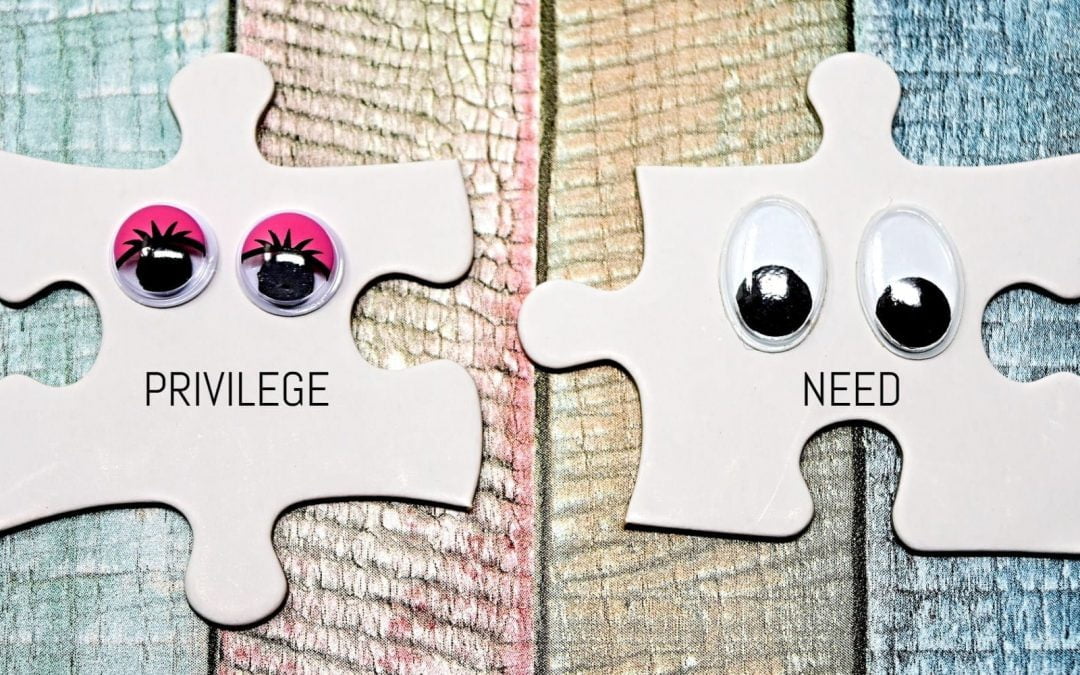“How many of you have read Theodor Geisel’s book on social and economic inequality?”
Long before our current discussions of the legacy of exploitation and the response of reparation, former seminary colleague Alan Neely began a chapel reflection with this question.
A few hands went up, probably belonging to those with younger children.
He continued, “You might recognize it better as Dr. Seuss’s ‘The 500 Hats of Bartholomew Cubbins’.”
The story begins with King Derwin of Didd looking down on his realm from the window of his castle, and Bartholomew looking back up from his family hut at the edge of the fields beyond the village.
The story has to do with the difference of perspective on the same world when seen from different vantage points.
Not long before that, I was at a vocational threshold, shifting to a seminary role with emphasis on the educational dimension of ministry.
A mentor offering help for making that transition suggested that I read a recent book by Paulo Freire, “The Pedagogy of the Oppressed.”
Now a classic in the area of liberating education, this book offered a philosophy of education that focused on what the victims of oppression have to teach by reflecting on their experience as a perspective for looking at the larger task of educating the human family.
In our time of increasing awareness of the widening gap of economic inequality and the systems that perpetuate it, and amid conflicting perspectives on a just and faithful response, Dr. Seuss and Paulo Freire have teamed up to remind me that a perspective of need and a perspective of privilege have two very different views of the world that is shared by both.
Further, they offer a suggestion that in order to understand that world and move it in a healthy direction, both are needed at the table where the nourishment for community is prepared and served.
The legacies of need and privilege are both “givens” in our culture, and the heirs of those realities are there not as a matter of choice in most instances.
Ethnicity, gender, nationality and frameworks of opportunity have significant influence on whether a person bears the burden of need or enjoys the benefits of privilege.
The understandable passions of relief from need and of protection of privilege do not make good partners in an effort to move toward the kind of community focused on a common good.
Those who have suffered the injustice of exclusion and exploitation see and feel very keenly the unfairness of their path.
Those who have benefitted from more fortunate advantage often do not feel any direct responsibility for a situation they neither created nor think they control.
There is no inherent virtue in suffering from an injustice, and there is no inherent vice in being among the privileged. Most of the time, neither is a matter of choice.
Perhaps the focus of a faithful response to this apparent impasse might be an ethics of stewardship of both the legacy of need and the legacy of privilege.
Like Bartholomew Cubbins in the Dr. Seuss tale and the oppressed of Freire’s real-life companions, those who know firsthand the experience of inherited disadvantage have a perspective on life that persons of other stations do not have.
A stewardship of that experience and perspective would be to value, listen to and learn from those whose view is through the lens of that experience, and to allow that perspective to broaden and enrich other perspectives on the world we all share.
The legacy of privilege may face a greater challenge for this stewardship.
The order of life in the Kingdom of Didd was determined by King Derwin and those who managed his system, just as the oppressed in Freire’s world were dominated by the alliance of economics, politics and religion that controlled that society.
Like the king, privilege can be unaware that the world is anything other than what it sees from its vantage point, and it can respond with a defensive and protective stance that resists any threat to its benefits.
When challenged for the limitations of its vision, denial and protection are typical responses.
But there are examples enough to point to ways that privilege can be used to serve a greater good beyond one’s own benefit.
The choice may not be whether to “be privileged” in the ways that our legacies provide.
Rather, the choice seems to be what kind of stewardship of that privilege one might embrace – denial, protection or a use of its benefits in the service of moving toward wholeness for the human family and, indeed, all of creation.
To hoard and protect, or to use as a means of service, seems to be the choice in the matter.
Paul offers an affirmation in Philippians 2:5-8 of what following Jesus in this matter might suggest about the choice:
“Have this mind within you, that you also have in Christ Jesus, who, though he was in the form of God, did not regard oneness with God as something to be exploited, but emptied himself, taking the form of a servant, being born in human likeness. And being found in human form, he humbled himself and became obedient to the point of death – even death on a cross.”
Professor emeritus of religious studies at Mercer University, a member of Smoke Rise Baptist Church in Stone Mountain, Georgia, and the author of Keys for Everyday Theologians (Nurturing Faith Books, 2022).


